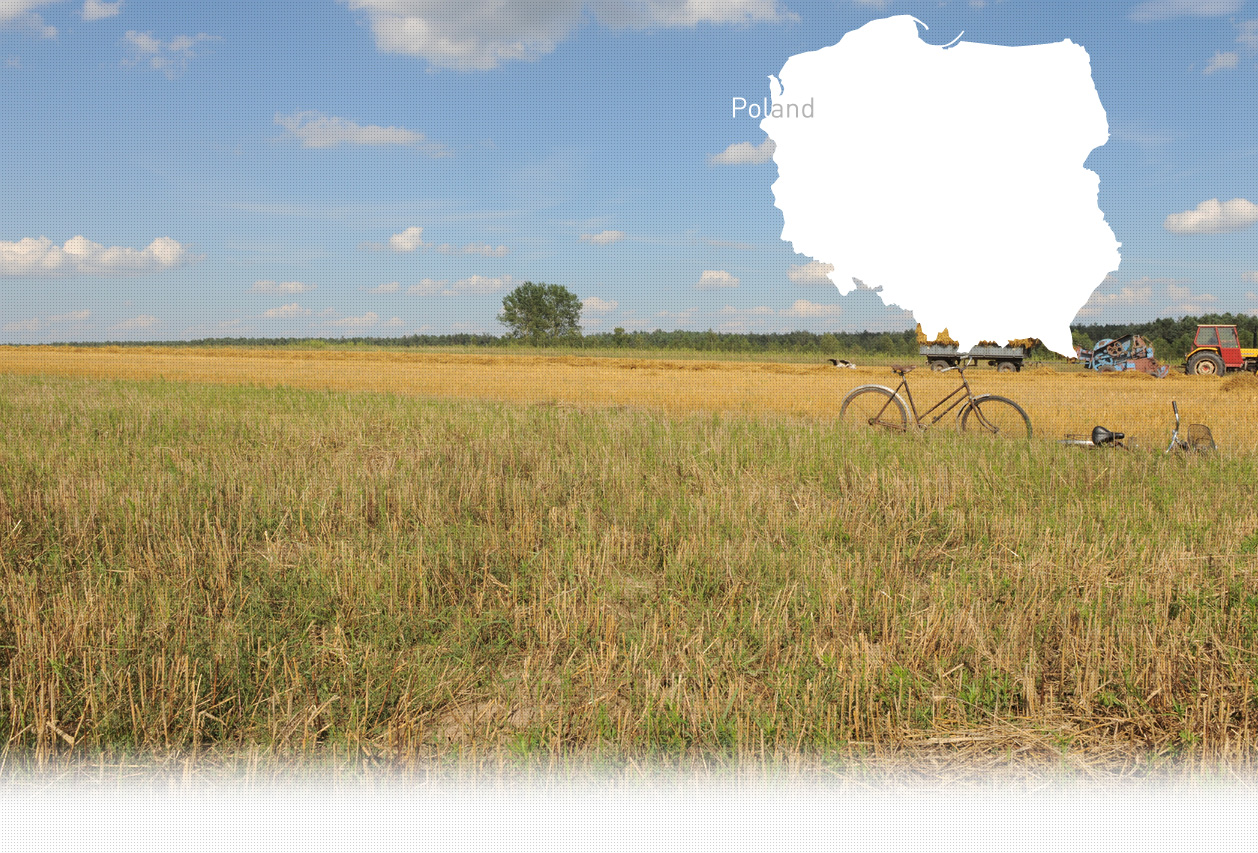

1 Execution site(s)
Stanisław P., born in 1927: “The day when the Jews from Antoniów fled on carts in direction of Przemyśl, Mieczysław and Zuzanna Fromer got off their cart and ran into the forest. Zuzanna was a daughter of the owner of the local manor, Dr. Maurycy Kanarek. Three days later, they arrived in Antoniów and found shelter in my family home. My family let them have a bath, gave them new clothes, and let them use one of the rooms. After some time, the my father started to construct a hiding place under the house with his friend. It was lined with wood, 2x4 meters, 2 meters high, there was a table and a sleeping place inside. A barrel masked the entrance. They would hide there in case of danger. Otherwise they would stay in one of the rooms. After some time, the Fromers decided to move into a house they owned in Kraków, and asked my father to take them there, which he did. Before their departure, the Fromers left three cases of valuables at my house. After the war, Zuzanna came back to Antoniów by car. She told me that her husband, Mieczysław, was killed at the train station just before the war ended. She took one the cases and left some silverware and porcelain plates as a gift to my family. I still have a few of the silver spoons she gave us that day (…).”(Witness n°1026P, interviewed in Antoniów, on May 10, 2019)
Antoniów is a village in the administrative district of Gmina Radomyśl nad Sanem, within Stalowa Wola County, Subcarpathian Voivodeship, in southeastern Poland. It is approximately 77 km (48 mi) north of the regional capital Rzeszów. The first records of Jews from Antoniów date back to the end of the 18th century. In 1868, there were 202 inhabitants in town, 90 of whom were Jews. During the 1890s, Jews were mainly traders and owners of the local and surrounding farms, which became a property of Dr. Maurycy Mojżesz Kanarek over time. A synagogue was probably built in the 19th century. In 1921, only 77 out of 918 inhabitants were Jewish. The local Jews belonged to the religious community of Zaklików. In Antoniów, they had a place for prayer meetings – a kloiz and a mikwah. Jewish and non-Jewish children from Antoniów went to the same local school. Yahad witness Stanisław P., born in 1927, remembered some of his pre-war Jewish classmates and neighbors: “I went to school with Moszek Monyś. Other Jewish names I remember are Szyma Zejlik, as well as Lipa and Lejba. The manor near Antoniów was owned by Jewish family named Kanarek. Mr Kanarek’s daughter was Zuzanna Fromer.”
Very little is known about the course of the German occupation in the village of Antoniów. The region was occupied by German forces on September 18, 1939. German troops probably arrived in Antoniów soon after. According to Yahad witnesses, they were stationed in the local manor. A Polish “blue marine” Police post office was established in town, with 10 serving policemen. In the spring of 1941, German soldiers from Zaklików murdered 23 Jews in Antoniów, and in October, a year later, eight local Jewish inhabitants were executed. The remaining Jews were taken to Zaklików, where they shared the fate of local Jewish community. Most of them were sent to Belzec extermination camp on the October 15, 1942. Some of the Jews were shot at the local Jewish cemetery.
From information given by witnesses interviewed by our team in May 2019, we learned that at least two other executions of local Jews were perpetrated during the German occupation. The first one was the shooting of two Jewish women from the Wadej family perpetrated by the local Volksdeutche who worked in the manor and collaborated with the Germans. According to Stanisław P., born in 1927, he witnessed the executions of some Jews from the neighborhood. The victims were around 18 years old and were hiding in one of the local barns. That night they probably left the barn to look for some food. They were caught, shot and buried on the spot, which was a vacant lot at that time.
Stanisław recalled that the father of the family Wadeja and his son were also caught in hiding by the local Volksdeutche and shot by the Germans. Their bodies were buried by one of the villagers near the local house of prayer, which no longer exists. Both mass graves remain without any commemoration today.
Do you have additional information regarding a village that you would like to share with Yahad ?
Please contact us at contact@yahadinunum.org
or by calling Yahad – In Unum at +33 (0) 1 53 20 13 17